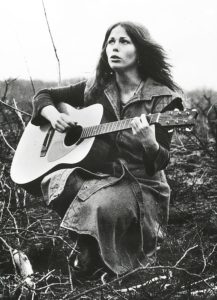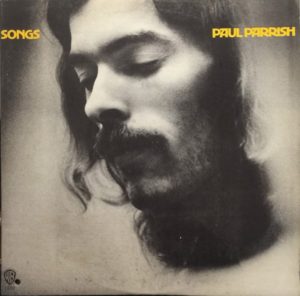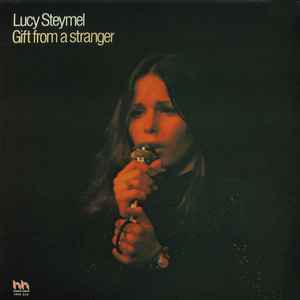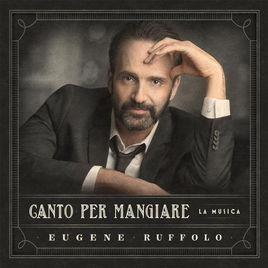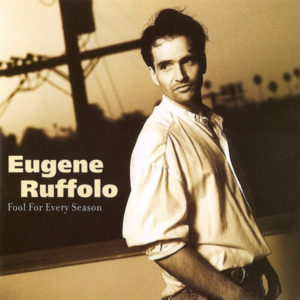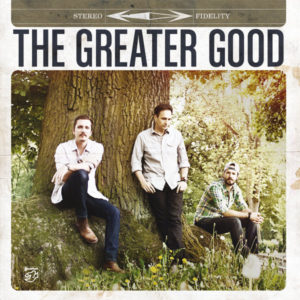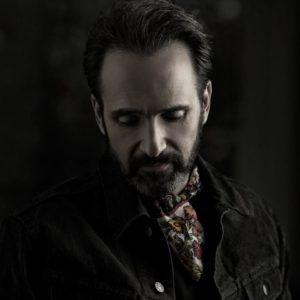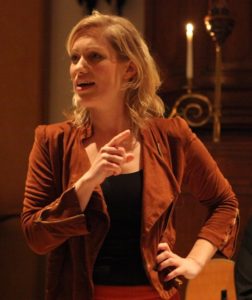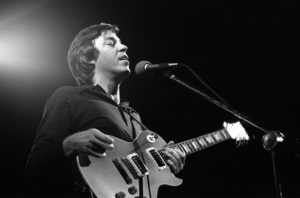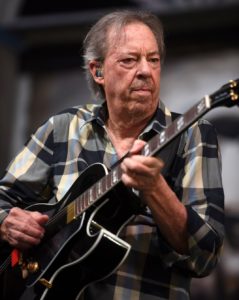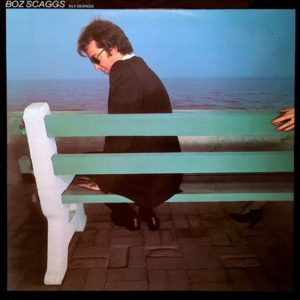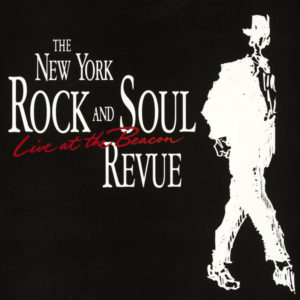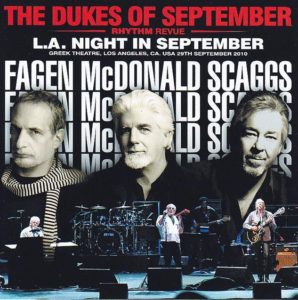 Eén van mijn ontdekkingen van 2017 was de Amerikaanse singer/songwriter Iron & Wine, wiens echte naam Sam Beam is. Call It Dreaming is een heerlijk nummer van hem, dat hij hier speelt samen met een stel rasmuzikanten, waardoor het nog meeslepender wordt. Het lied komt van het album Beast Epic uit 2017.
Eén van mijn ontdekkingen van 2017 was de Amerikaanse singer/songwriter Iron & Wine, wiens echte naam Sam Beam is. Call It Dreaming is een heerlijk nummer van hem, dat hij hier speelt samen met een stel rasmuzikanten, waardoor het nog meeslepender wordt. Het lied komt van het album Beast Epic uit 2017.
Binnenkort komt er een nieuw album van hem uit Years To Burn, dat hij maakte samen met de Tex-Mex groep Calexico, ook één van mijn favorieten. Ik ben daar erg benieuwd naar.
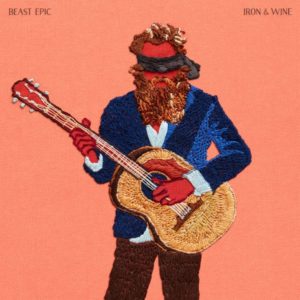 Call It Dreaming
Call It Dreaming
Say it’s here where our pieces fall in place.
Any rain softly kisses us on the face.
Any wind means we’re running.
We can sleep and see ‘em coming.
Where we drift and call it dreaming.
We can weep and call it singing.
Where we break us our hearts are strong enough.
We can bow ‘cause our music’s warmer than blood.
Where we see enough to follow.
We can hear when we are hollow.
Where we keep the light we’re given.
We can lose and call it living.
Where the sun isn’t only sinking fast.
Every night knows how long it’s supposed to last.
Where the time of our lives is all we have.
And we get a chance to say.
Before we ease away.
For all the love you’ve left behind,
you can have mine.
Say it’s here where our pieces fall in place.
We can fear ‘cause the feeling’s fine to betray.
Where our water isn’t hidden.
We can burn and be forgiven.
Where our hands hurt from healing.
We can laugh without a reason.
‘Cause the sun isn’t only sinking fast.
Any moon and our bodies make shining glass.
‘Cause the time of our lives is all we have.
And we get a chance to say.
Before we ease away.
For all the love you’ve left behind,
you can have mine.
